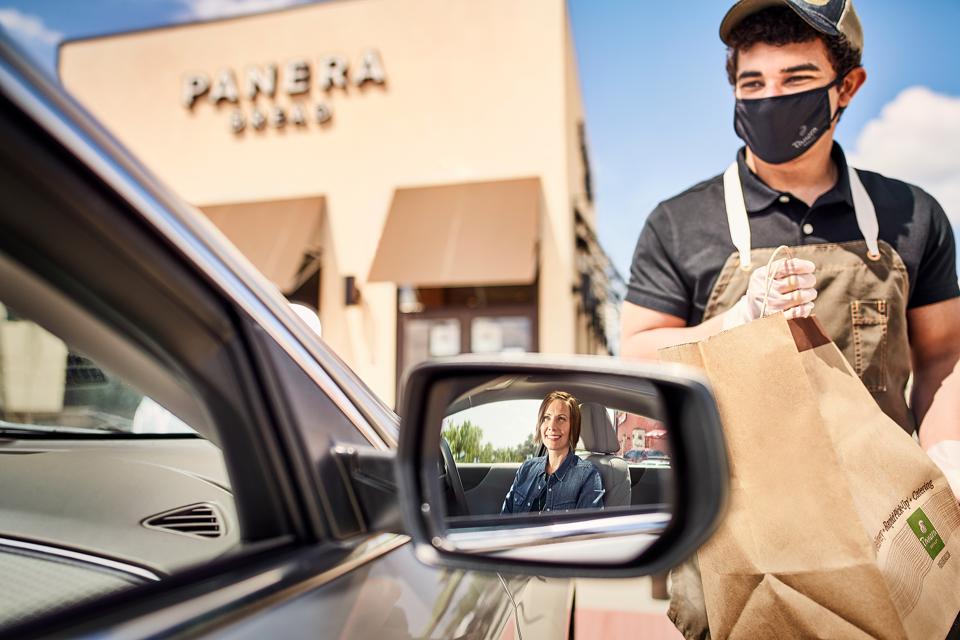As the pandemic continues, some retail and restaurant customers appear to prefer curbside pickup over traditional “in-store” pickup and, some retailers and restaurants actually require it. Landlords and tenants should consider and discuss the potential lease implications of continuing or expanding curbside pickup plans.
Below is a brief list of issues that landlords and tenants should consider.

• First, curbside plans may result in increased traffic in common areas and may increase the risk of accidents at a retail project or restaurant. This may require a tenant and landlord to increase insurance coverage and may increase costs for all tenants (even tenants that do not have their own curbside plans).
• Second, a curbside pickup plan may violate applicable zoning and land use restrictions and/or restrictions or obligations contained in commercial CC&Rs. A tenant should confirm whether its curbside pickup plan complies with these rules and laws.
• The third potential implication is that of signage. A successful curbside pickup plan usually includes a highly visible set of signs and the posting of signs is usually a negotiated item and/or one requiring a landlord’s consent. Oftentimes landlords have a robust signage program and any new signs must comply with the program already in place.
• Another potential issue involves parking lots and dedicated parking spaces. In retail leases, a tenant may not have negotiated for exclusive parking rights or may not have negotiated for a sufficient amount of exclusive parking spaces under a lease. Thus, a tenant may need to discuss dedicated parking spaces with a landlord and will likely need to pay for exclusive spaces. Similarly, the right to use common areas, like walk-ways and sidewalks, is generally “nonexclusive,” which means that a tenant has no exclusive right to use a walkway or sidewalk when delivering goods or food to a customer on. This, too, may require a discussion between a landlord and tenant and a negotiation for additional rights under a lease.
Sometimes retail projects involve multiple parcels with different owners. In such a case, a tenant associated with one of the parcels may need to determine whether approvals are required from other owners of adjacent parcels, such that customers can freely avail themselves to other portions of a retail project.
These are just a few of the legal issues implicated by a curbside pickup plan. Most of these issues can be addressed by an amendment to an existing lease. Tenants and landlords are probably wise to address these concerns in the short term, as it appears the use of such plans will continue to “spread.” For more information about, feel free to email me at patrick@mandglawgroup.com or call 602- 533-2840.
Patrick R. MacQueen is a founder of MacQueen & Gottlieb, PLC.




